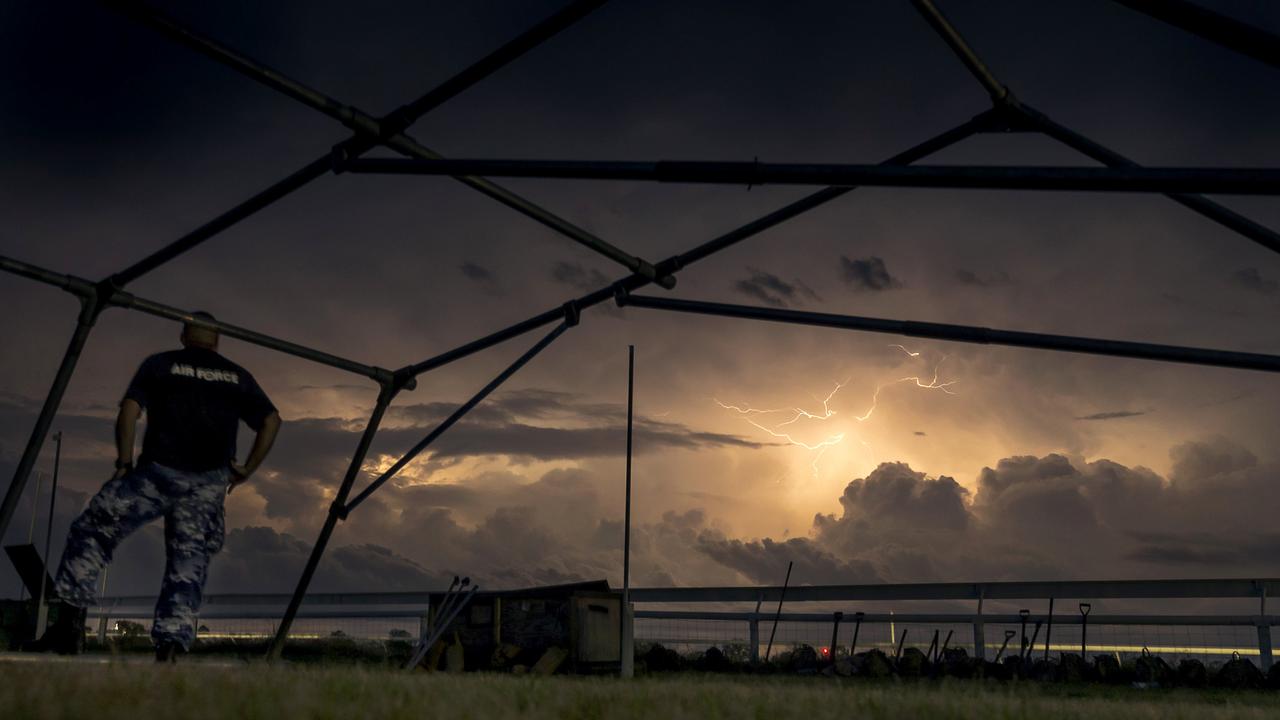The West's giant Russian miscalculation
The West's giant Russian miscalculation
The refugee crisis in Europe is masking a deep, unresolved problem in the Baltic Sea.
I recently returned from the Baltic and I bring disturbing news to Australia. Just as the planners of the Iraq invasion in 2000 did not understand the cultural firestorm they were unleashing, which contributed to the current refugee crisis, those nations implementing the economic blockade on Russia have no idea that they are strengthening the power of President Putin.
In other words, instead of bringing Russia to its knees, the blockade is having the reverse effect. In time, Australia will be one of the countries that will suffer. The greatest risk is that a miscalculation will occur that triggers a war.
My trip to the Baltic Sea was a holiday and I met ordinary people in countries like Russia, Estonia and Poland. I spoke to historians and those who study the conflict from the Russian angle.
So let me share with you a Russian view of this part of the world. You don't have to agree with the Russian view, but unless you understand it, Russia’s actions will continue to mystify.
Catherine the Great acquired Crimea in around 1783 and Russia has developed it into a major Black Sea port and defence installation. It is essential territory for Russia, giving it access to the Mediterranean Sea. Easy land access to Crimea is via eastern Ukraine. As the Communist Soviet Empire was starting to crumble, President Nikita Khrushchev, a Ukrainian by birth, gave Crimea to the Ukrainians in 1954.
At the time Ukraine was clearly part of the Russian empire. Once Ukraine moved towards the west, Russians say they needed to acquire Crimea plus road access needs to be secured through Ukraine.
But the West responded with an economic blockade. In the Russian view, the last time anyone tried that sort of stunt was when the Germans surrounded St Petersburg (then Leningrad) between 1941 and 1944. Everywhere you go in St Petersburg you are reminded that the German blockade killed at least one million people in St Petersburg, mainly via starvation.
You are also reminded that from the communist takeover of Russia to the breakdown of communism, we were looking at a cold war between two systems rather than conventional national rivalry.
When Communism collapsed, Russia went into a period of crisis and great suffering. The Americans should have stepped in and helped the Russians, but they let them suffer. Vladimir Putin is seen by Russians as the man who restored their fortunes and national pride.
When the West blockades Russia, the dictator is able to turn it to his advantage and equate it to the Nazis’ blockade of St Petersburg.
One of the reasons the Baltic states like Estonia hate the Russians is that when the Russians occupied Estonian territories after driving the Germans out, the Russians under Stalin treated the Estonian populations very badly. But the Baltic states are playing a dangerous game.
I spoke to an Estonian family of Russian origin who voted for and celebrated Estonian independence, only to be told that they could not have Estonian citizenship unless they passed an 'exam'. They now travel on a Russian passport although they still call themselves Estonian. Now the Estonians have signed up with NATO even though there is no way NATO can defend the country against Russia in a land battle without nuclear weapons.
The Estonians fear this and are training in the forest for guerrilla warfare should Russia invade. The general view is that even though the West is provoking Russia, Putin will not invade the Baltic states unless the Russians are blocked from road access to a slice of Russia on the Baltic that is like an island separated from the mainland by the Baltic states. Let's hope they are right. There is a lot that can go wrong.
How can Australia suffer? The West is pushing China and Russia closer together, and that will reduce Australian mineral exports and may divert tourism.


